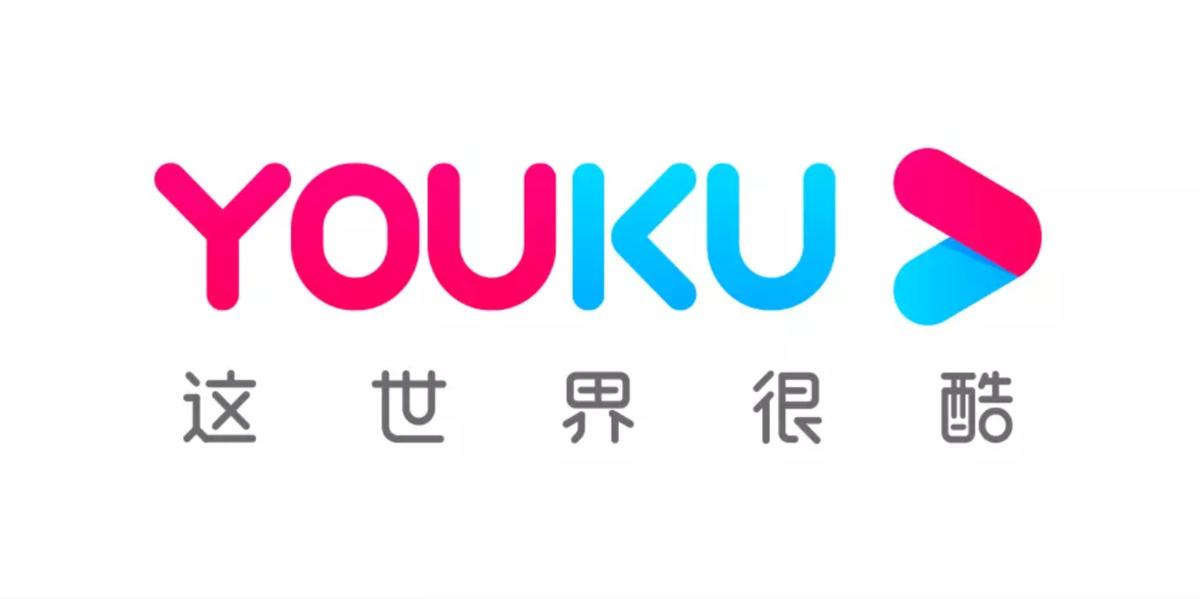China’s Most Popular Online Video Platforms
Fifteen years ago, on April 23, 2005, the first ever video was uploaded to Youtube. After the launch of Youtube, now the world’s largest online video platform, China also went on to establish its own video hosting services. Now, after a decade of development and vicious competition, a slew of video platforms and short video apps have emerged at the top of the Chinese online video streaming game.

SEE ALSO: Top 3 E-commerce Livestreaming Platforms in China
Tencent Video

Tencent Video, also known as QQ Video, was launched in April 2011 by the behemoth tech conglomerate Tencent and is now one of the biggest online video platforms by daily average users (DAU) in China. By the end of 2019, it had over 200 million DAU and had reached 100 million paid subscribers. Users can download the Tencent Video app on their mobile devices and enjoy a wide variety of content including TV shows, sports, news, drama, and movies. Currently WeChat (also owned by Tencent) Official Account users can only embed videos from Tencent Videos in their articles. In addition to boasting a library of documentaries produced by world-renown companies like BBC, NHK, NG, Discovery, ZDF and others, Tencent Video also participated in the creation of several BBC documentary blockbusters, such as BBC’s “Earth Pulse 2″ and “Blue Planet 2”.
iQiyi

Owned by Chinese tech giant Baidu, iQiyi is another popular video platform launched in September 2010. Described as China’s Netflix, iQIYI provides highly popular original content, user generated content, partner-generated content, live sports and fully-licensed media. In 2017, Netflix signed a licensing deal with iQiyi, under which some Netflix original productions would be available on the Chinese platform. The company has distinguished itself in the online entertainment industry thanks to its technologically sophisticated foundation powered by advanced AI, big data analytics and other proprietary technologies. According to its 2019 annual report, the number of total subscribing members was 106.9 million, 98.9% of them were paying subscribers, up 22% year over year compared to 87.4 million in 2018. iQiYi is also one of the largest online video sites in the world.
Youku

On March 12, 2012, Youku and Tudou, two of the biggest online video companies in China, announced their merger that created one of China’s biggest video sites. The online video platform, now owned by Alibaba, is often referred to as the YouTube of China. In 2018, it had an attractive base of 500 million monthly active users that viewed over 800 million videos daily. Although its subscriber base doesn’t increase as quickly as Tencent and iQiYi‘s, Youku is still one of the most popular and widely used video site in China.
Bilibili

Founded in 2009, Bilibili was firstly considered a niche video site since it was mainly focused on lovers of anime culture in China and its most viewed videos were mostly related to anime. It’s now a highly popular cultural community and a video platform catering to China’s Generation. Its most well-known feature is called Danmu (bullet screen), a commenting feature, allowing users to post a comment at any time during watching the video with it appearing right on the video screen. The Danmu feature has encouraged social interaction between viewers and uploaders. The fans have affectionately nicknamed the website B站 (Station B). On March 28, 2018, Bilibili was listed on NASDAQ in the United States. In Q4 2019, Bilibili saw a 40% growth in monthly active users (MAU), exceeding 130 million. The average daily active users (DAUs) reached 37.9 million, a 41% increase from the same period in 2018.
Douyin/Tiktok

Douyin, the Chinese version of TikTok, was first launched in 2016 by tech giant ByteDance, a company then known for its news aggregator Jinri Toutiao. Powered by a strong recommendation algorithm and funny short videos, Douyin went viral among young people only within a few years. In 2017, ByteDance went global with TikTok and later acquired Musical.ly for nearly $1 billion. The short-video app became the world’s second most downloaded app after WhatsApp in 2019. In January 2020, Douyin’s DAU passed 400 million. It also became the top downloaded app in the social media category in India, as the country went on lockdown to curb the spread of COVID-19.
Kuaishou

Known overseas as Kwai, Kuaishou is China’s second largest short video app. In 2012, Kuaishou transformed itself from a GIF making app “GIF kuaishou” into a short video platform. As Douyin’s biggest rival in China, it takes a different approach from Douyin by targeting lower-tier cities and rural users. With competition increasing in the short video market, Kuaishou has also moved into live streaming, e-commerce and social media. Kuaishou’s DAU reportedly hit 300 million on Chinese New Year 2020.






